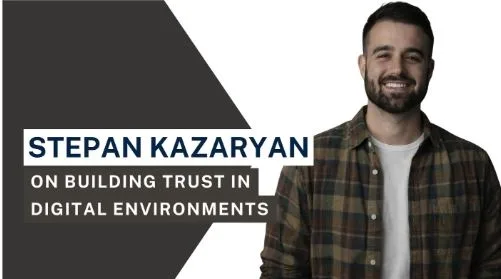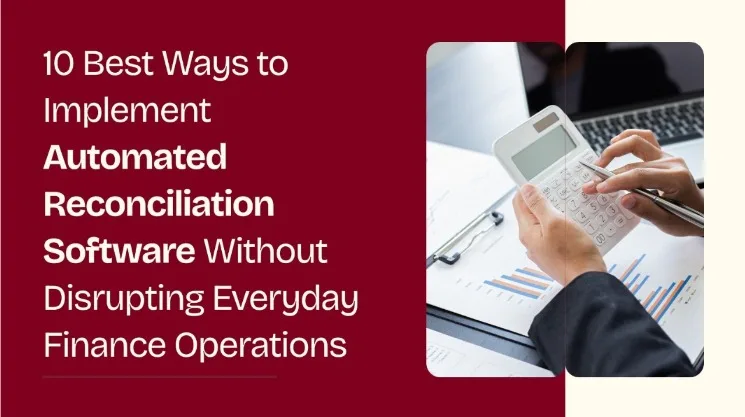Hope Horner’s CEO Blueprint: Turning Mistakes Into Momentum
When the world shut down in 2020, Lemonlight didn’t just lose business, it lost 80% of its productions overnight. That could have been the end. For many, it was.
But for Hope Horner, co-founder and CEO, it was a defining moment.
She gathered her leadership team, pulled up the numbers, and said what most leaders wouldn’t: “Here’s the worst-case scenario. Now let’s plan around it.” What followed was bold, messy, brutally honest — and ultimately? Brilliant. Lemonlight didn’t just survive; it rebounded with record-breaking growth.
This isn’t your usual founder story. Horner’s path has been paved with missteps, recalibrations, and hard-won clarity. But that’s exactly what makes her voice cut through the noise. Named one of Inc.‘s Top Female Founders and twice featured on the Female Founders 250 list, she’s less interested in celebrating wins than in dissecting what almost broke her — and how she got stronger anyway.
Here’s her leadership blueprint: raw, refined, and forged under pressure.
Embrace the Struggle: Failure Is the First Draft
“The most important lesson in entrepreneurship: embrace the struggle.”
That Ben Horowitz quote? Horner lived it.
In her early startup days, she made the classic mistakes — mispricing, mis-hiring, scaling without systems. Instead of spinning those errors into sanitized success stories, she names them. Dissects them. Learns from them. Then shares what she’s learned.
Her approach is simple but rare: own the screw-up, extract the lesson, evolve the strategy. This kind of radical reflection doesn’t just prevent repeat mistakes — it builds resilience. And resilience, she says, is the only thing that scales with you.
Know What Kind of Leader You Actually Need
Not all leaders do the same job. And that realization, Horner admits, came too late.
In her early hiring sprees, she assumed good people could fit wherever needed. The result? Confusion. Friction. Stagnation. The fix came from rethinking leadership itself.
Her framework now is sharp:
Managers drive daily execution.
Executives drive long-term transformation.
Need stability? Hire evolution. Need bold change? Hire revolution. Treating those roles as interchangeable, she says, is like handing the architect a hammer and expecting them to fix the plumbing.
Pivot with Purpose: Lead Like It’s the Final Round
When COVID hit, Lemonlight didn’t wait for clarity — it made its own. Horner’s crisis playbook was blunt and surgical:
Forecast multiple business outcomes
Build real-time financial models
Make hard calls fast, including layoffs
Overcommunicate. Then communicate again
But her secret weapon? Transparency. Instead of pretending everything was fine, she showed her team the real picture — and invited them to help fix it. That level of honesty built trust. And trust kept the team aligned when the rest of the industry was falling apart.
Culture Isn’t a Vibe. It’s a Strategy.
Zoom happy hours don’t build culture. Intentionality does.
Horner’s post-pandemic cultural reset focused on small, frequent, human-first moments:
Weekly “pulse checks” instead of one-off surveys
Micro-gatherings with real talk, not corporate cheerleading
Space to laugh, vent, and reconnect — even virtually
She treated culture as a business lever, not a morale boost. And in doing so, she helped her team feel not just seen — but essential.
Creativity Isn’t a Lightning Bolt. It’s a Discipline.
As the head of a branded video agency, Horner sees creativity as a muscle, not a miracle. And like any muscle, it needs pressure and practice. Whether it’s rethinking client campaigns or redesigning internal ops, she bakes creative flexibility into every layer of Lemonlight. That constant reinvention is a big reason the company has landed on the Inc. 5000 and Entrepreneur 360 lists year after year.
Speak Up. Share the Playbook. Break the Echo Chamber.
Outside the boardroom, Horner’s voice has become a staple in Entrepreneur, Forbes, AdWeek, and Harvard Business Review. She’s unfiltered, practical, and sometimes confrontational — in the best way. Her viral post “Hard work is overrated” didn’t knock effort; it attacked burnout culture. She challenges the grind narrative not with fluff, but with alternatives: work smarter, lead better, stay human.
That’s why people listen. She’s not giving advice. She’s giving experience — and inviting others to learn from the real stuff most leaders won’t admit out loud.
From Chaos to Clarity: Horner’s Legacy in Motion
Hope Horner isn’t building her brand. She’s building a record of how leadership actually works when nothing goes according to plan. She’s the kind of CEO who leads with clarity, not charisma. Who’ll tell you exactly what she got wrong so you can get it right faster. And who’s rewriting the rules for leadership in real time.
If you’re navigating uncertainty, her blueprint isn’t motivational. It’s operational. And that’s what makes it worth following.





